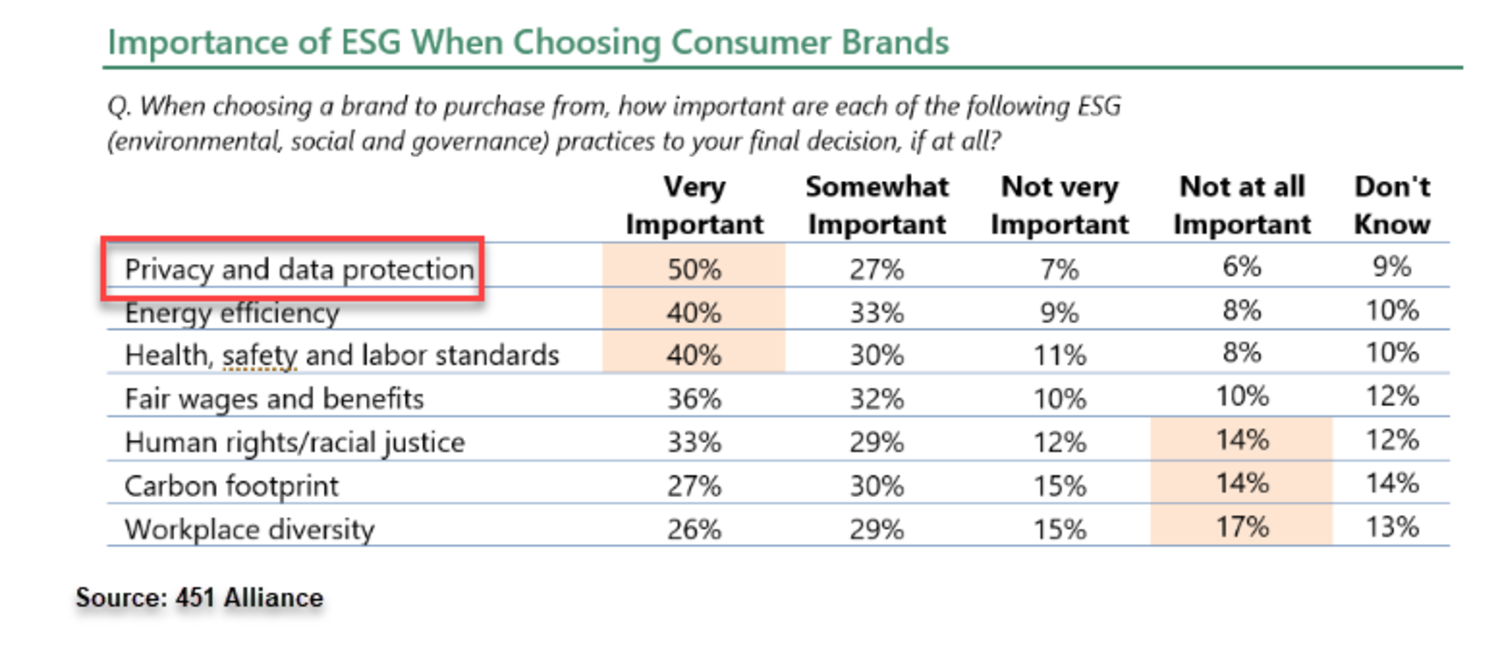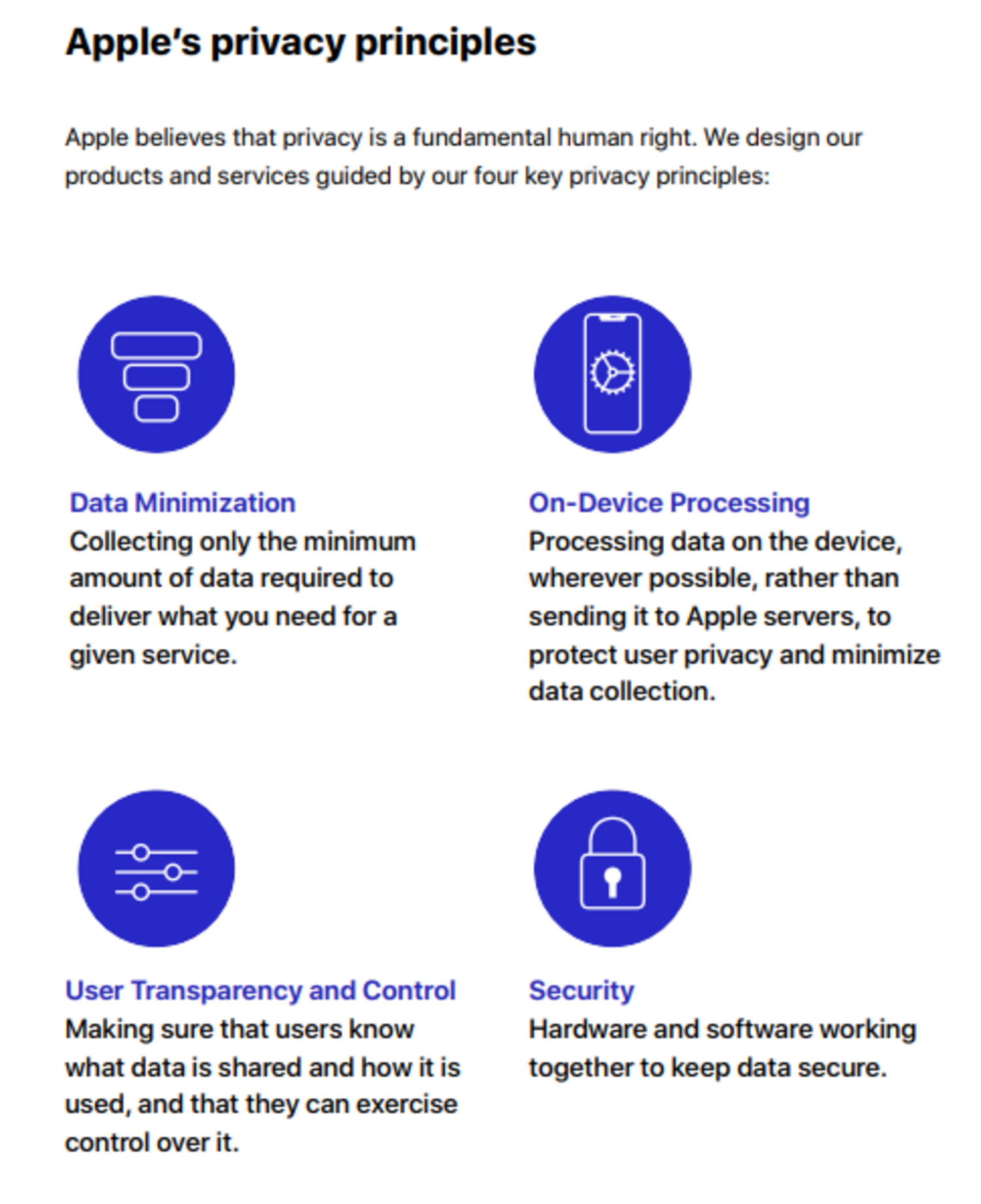Navegación
Cerrar
Gestión Patrimonial
Gestión Patrimonial
Su patrimonio no es solo cuestión de números. Su patrimonio cuenta su historia, sus valores, sus ilusiones y visión de futuro. Nuestra misión es dedicar tiempo para escuchar y entender esa visión, y así después crear estrategias para sus activos que se puedan materializar.
Gestión Patrimonial
El concepto de patrimonio es relativo. Es diferente para cada uno y quiere decir cosas distintas para distintas personas. Sin embargo, lo que sí es cierto para todos es que la gestión patrimonial va más allá del dinero. Tiene que ver con la seguridad, la estabilidad y la tranquilidad. La gestión patrimonial tiene que ver con gestionar su futuro financiero para que usted pueda disfrutar del presente.

Nuestro principal negocio son los servicios de gestión patrimonial para particulares, familias, emprendedores, jubilados y la próxima generación de propietarios de activos. Incluye la gestión discrecional, servicios de advisory y la planificación patrimonial de los activos de nuestros clientes particulares y profesionales.
Trabajamos con clientes que quieren que sus activos añadan valor a sus vidas y a las vidas de los demás. Nuestro enfoque se centra en generar ingresos sostenibles, preservando y haciendo crecer el capital, gestionando el riesgo y manteniendo la liquidez al tiempo que se respetan las metas, los objetivos, los valores y los horizontes temporales de cada cliente.
Gestión Patrimonial
Desarrollamos una cartera que esté alineada con sus metas y valores y gestionamos esa cartera en cada etapa.
Saber másGestión Patrimonial
A fin de obtener una idea clara de sus necesidades, su patrimonio debe analizarse como un todo, incluyendo aspectos específicos de su movilidad internacional y planificación de su legado familiar. Tenemos en cuenta el futuro que usted desea y definimos sus necesidades en términos de seguridad y crecimiento.
Saber másGeneva
Zurich
Basel
Luxembourg
Paris
London
Madrid
Abu Dhabi
Dubai
Barcelona
Valencia
Seville
São Paulo
Montreal (Quebec)
Montevideo

Above all, this stance reflects a relentless business strategy of differentiation aimed at generating fresh revenues in the highly competitive advertising market, the ‘victims’ of which are Facebook (Meta) and Google (Alphabet). This commitment to privacy is not without its critics, however, given some of the concessions made by the group, particularly those to China.
Personal data is worth its weight in gold, and its exploitation represents a major Big Data market, with a value estimated at around USD 277 billion in 2019. The data economy is expected to be worth USD 400 billion by 2025, according to the same estimates. Its protagonists are mainly social media (Twitter, Facebook and Instagram), search engines including Alphabet, application developers, as well as data merchants and advertising companies. This data is collected and subsequently sold to third-party companies to refine the profile of consumers and target advertisements. This sea of information contains sensitive individual data on matters such as the health, political or sexual orientation, or religious beliefs of the users of these tech tools. Their harvest and exploitation have become a growing issue of consumer concern ─a key regulatory issue─, and a strategic concern for responsible investors when considering GAFAMs as a potential investment. The Cambridge Analytica scandal of 2015, associated with the siphoning off of the personal data of 87 million Facebook subscribers, played a major part in raising awareness in this respect (Cambridge Analytica developed a software program for Donald Trump’s election campaign to target millions of voters based on their profile).

Apple has been publicly committed to protecting its user’s data and privacy for several years. A philosophical position that already pitted Steve Jobs against Mark Zuckerberg in 2010. The right to data privacy is stated and defended explicitly by the company as a basic human right. This position turned into direct frontal attacks on its tech giant competitors when Apple called for strict GDPR-type regulation in Europe (the General Data Protection Regulation (GDPR) standards set clearly defined limits on the business models of Big Data giants). Among the principles stated in its policy, Apple committed to collecting as little data as possible on its users. It has done so by making its hardware devices more “intelligent”.
Data, such as that from the Health application, is encrypted and stored as much as possible within the iPhone rather than being sent to Apple servers. The company’s privacy policy has been further tightened since April 2021, creating more barriers for its competitors to do business. Users of the iOS operating system are now able to opt out of sensitive data tracking from the apps they access more easily. In addition, App Store indicates what type of data (sensitive or not) is collected and used by applications such as Twitter. Meta’s CFO recently acknowledged that these changes have made it more difficult to target its own ads (via its apps) leading to a drop in revenue of USD 14.5 billion by 2022. Twitter, Meta, Snap and Pinterest have reported a combined total of USD 315 billion in advertising losses relating to this policy. This data privacy strategy not only helps Apple to be listed as an ESG stock by many indices and agencies, but incidentally also allows it to position itself in the advertising market and thus reap healthy revenues at the expense of its competitors. The device sector (hardware) accounted for 85% of revenue in 2021 and has fallen to 80% in 2022, in favour of services including advertising activities (USD 4 billion in revenue in 2021 and an estimated USD 30 billion by 2026).
Criticism is being focused on the China issue, with fingers being pointed at Apple’s duplicity. On the one hand, Apple systematically refuses to hand over personal information to the US authorities (including that of a Californian mass murderer in 2015) in keeping with its data protection principles, while in China the company is making sweeping concessions to Xi Jinping’s government. A New York Times investigation revealed that the company agreed to store customer data on iCloud servers run by Chinese companies and to censor certain applications such as encrypted messaging, which could help fuel the protest. Social control is a strategic issue for the regime, as we can see today with the protests of a part of the population against the Covid policy. More specifically, this means that the government can access the data of millions of Chinese residents (messages, photos, documents), stored in Apple’s China data centres. Apple’s argument is that it is strictly enforcing the country’s cyber security laws. It is all the more important to follow these legal obligations to the letter because China is of major commercial importance, accounting for 20% of their revenue in 2021. Not to mention the brand’s dependence on the country for its manufacturing. Even if Apple switches part of its supply chain to South Asia, the “world factory” that is China will still remain the primary assembly point.
As illustrated, Apple’s business model differs significantly from that of its competitors when it comes to data exploitation, and the company has even managed to turn it into a commercial advantage. Nevertheless, like many companies operating in China, Apple is adapting its data protection principles to political realities in the interests of pragmatism and maintaining sales. While Apple can be credited with some very commendable practices, it is difficult to argue that the company is the white knight of data privacy.
Por favor no dude en comunicarse con su persona de confianza en Mirabaud o contáctenos aquí si este tema es de su interés. Junto a nuestros dedicados especialistas estaremos encantados de evaluar sus necesidades personales y discutir posibles soluciones de inversión adaptadas a su situación.
Continuar con
Sustainable and Responsible Investing